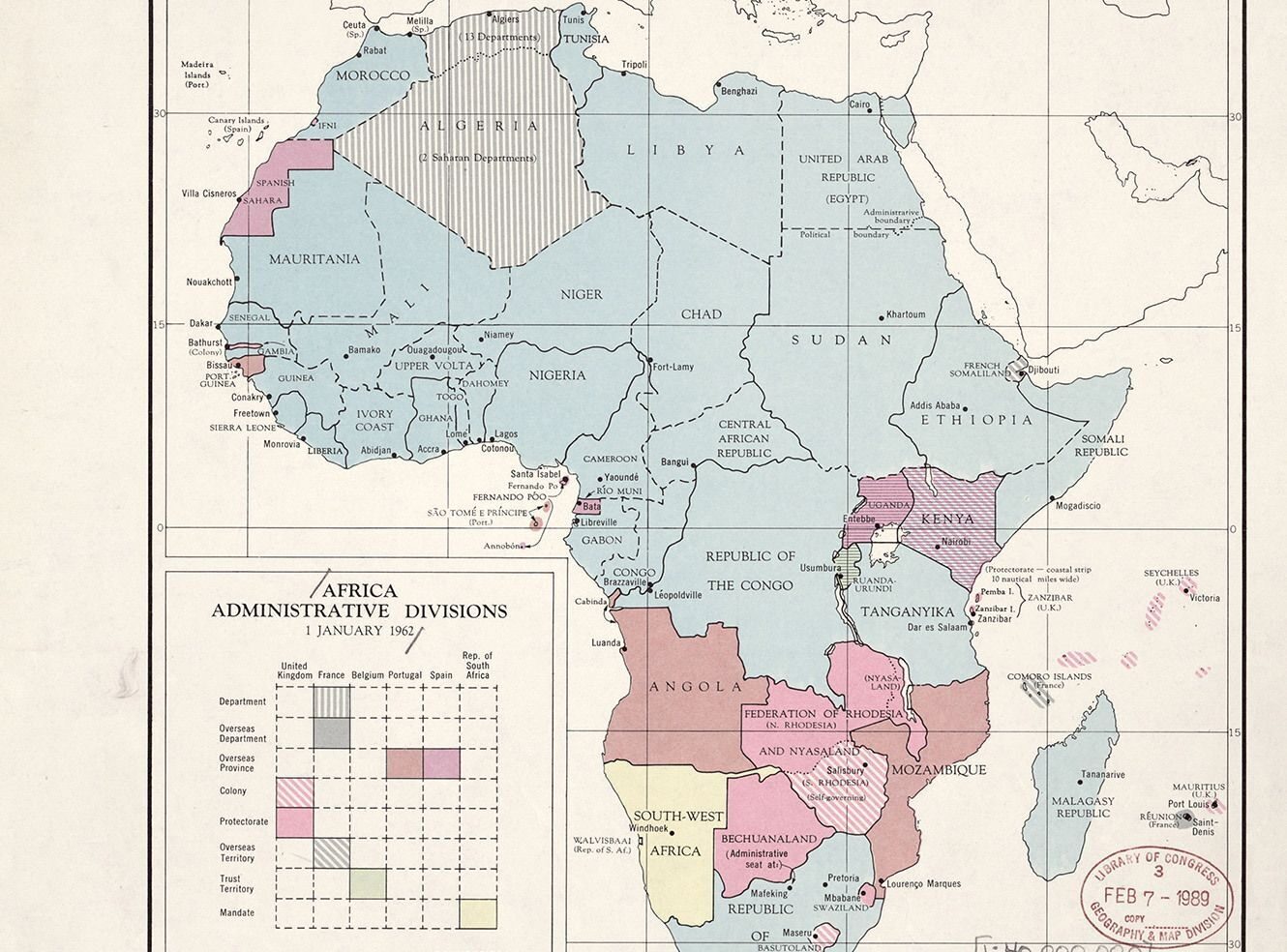Uncover the history of American Broadcasting with AM's exciting new collection
AM’s latest collection Broadcasting America invites students and researchers to explore the rise of mass media and communications in the twentieth century.
This is a history that saw media corporations transform radio from a limited communication tool to the predominant means of broadcasting information and ideas to mass audiences. The story is told through the records of companies and individuals in the vanguard of developments, with particular focus on the Radio Corporation of America (RCA) and its early pioneer David Sarnoff.
Covering a period from the 1920s-1980s and drawn from the Hagley Museum and Library and University of Maryland Libraries, the collection documents the evolution of broadcast technologies and their impact on a wide range of areas, from manufacturing to advertising, from consumer culture to censorship, and from global conflict to the space race.
A series of contextual features support students navigating the collection, including essays commissioned from academics in the field, a glossary decoding technical and broadcasting terminology, and bios and company histories providing introductory material to aid understanding.
Highlights from the collection include the speeches of RCA chairman David Sarnoff on the future of broadcasting and communications, an array of advertising materials documenting the evolution of products and marketing techniques, and a rich archive of material on radio and television achievements including the Dempsey-Carpentier boxing match – the first live public mass radio broadcast.
Hosted on AM’s digital collections platform Quartex, the material is visually engaging and dynamic, with features such as metadata discoverability and Handwritten Text Recognition (HTR) enabling significant new research potential.
Broadcasting America provides a fascinating insight into the rise of mass media and communications, shedding light on the collaborative nature of the early industry, the influential involvement of amateurs, and the ongoing challenge of engaging larger and wider audiences. This was the start of a mass media industry that we all benefit from today – for our entertainment, for our education, for our communications – and the story told in the collection is one of creativity, innovation, and profound change.
To find out more, or to request a free trial, visit the product page here.
Recent posts

American Committee on Africa, module II highlights the organisation's activism against apartheid and for African democracy between 1981-2001. Featuring correspondence, reports, and media, it underscores ACOA’s impact and AM’s partnership with the Amistad Research Center.

Girlhood: Magazines and Print Culture explores representations of girls and young women in print media from the 1880s to 1990s. Examining evolving femininity, societal expectations, and resistance, the resource offers new insights for interdisciplinary research.
